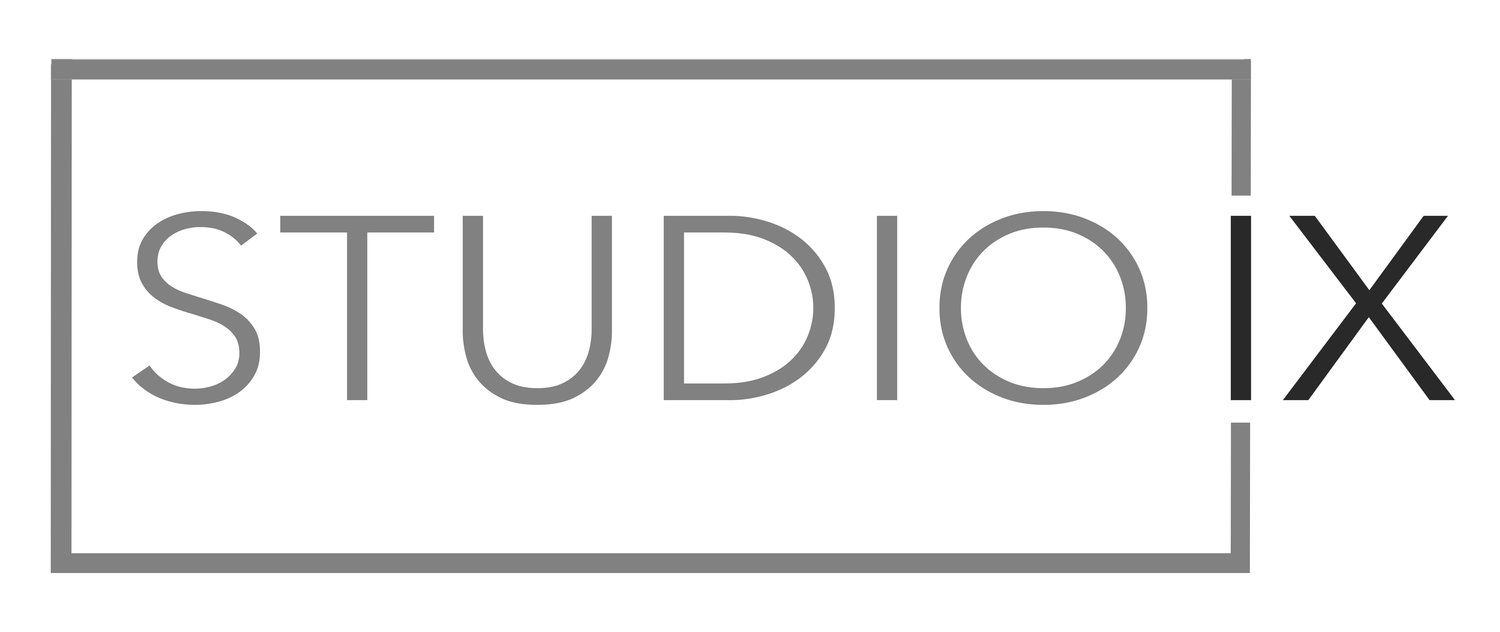MEMBER SPOTLIGHT: WILL BUFORD
/Could you tell us who you are and what it is that you do?
My name is Will Buford and I work with the Center for Empowered Politics, a national nonprofit building infrastructure for US-based social movements. I’m a bit of a nonprofit jack-of-all-trade, but my role right now is centered on fundraising and fiscal sponsorship.
What do you love about the work?
My work involves supporting an ecosystem of organizations with a diverse mix of goals and strategies, so what I’m doing can look very different day-to-day. This makes my work very exciting (and a little hectic). I feel like I’m learning something new almost every week. I also work with organizations working to make social and political changes that I feel are very important, so I feel like my work is helping to make the world a better place.
How did you arrive at this point in your career? What’s your backstory?
I spent my 20s playing an aspiring (but uninspired) writer, jumping from job to job without a cohesive vision for my career. As I neared 30, a friend hooked me up with a part-time job doing media research for a social justice-oriented philanthropy, which inspired me to go to graduate school to get into nonprofit work. In grad school, I was politicized by learning from, and working with, harm reduction and community organizing practitioners. After graduating I worked for almost ten years in the youth organizing sector, and for the last six, I have worked at CEP where I support organizing and advocacy organizations that work with all ages and constituencies.
Has there been a light switch moment, a turning point (or two), professionally and or personally along the way?
I’m not sure if I can point to one, really. The last decade has been very dynamic, where against the backdrop of a lot of shifts in our broader world, I experienced a lot of personal and professional change that I’m still figuring out. The last few years I’ve tried to make space to reflect on my values, and strive for less perfection and a more happy balance between my work and personal life.
Who or what has been your greatest influence?
I work with an even split of people my own age and people about half as old as I am, and every day they inspire and teach me new ways of looking at the world from unexpected directions.
What are you currently working on, excited about, looking forward to?
Right now I’m working on a project that can help better understand how to assess and mitigate risk in multi-entity nonprofit ecosystems, and how nonprofit liability insurance can be used (or not used) to help. I’m excited about it, because I think there are ways to rethink conventional approaches to insurance, and help organizations be safe but also take strategic risks to further their goals.
What are you reading these days?
In the Realm of Hungry Ghosts:Close Encounters with Addiction, by Gabor Maté
Anything we missed that you might care to share (closing thoughts)?
Just a lot of appreciation to Greg and the IX team for creating such a great space.
